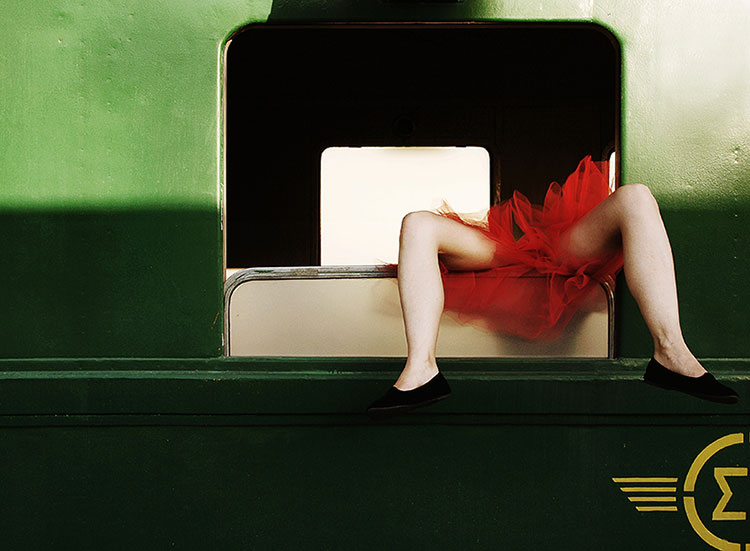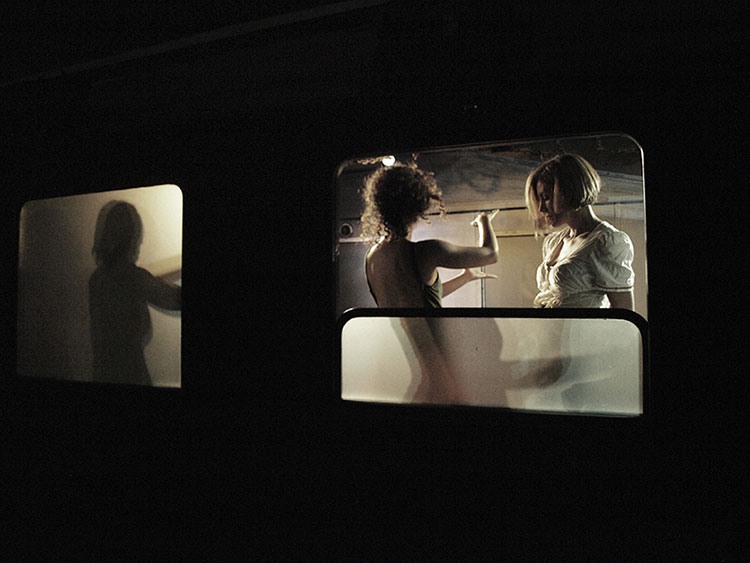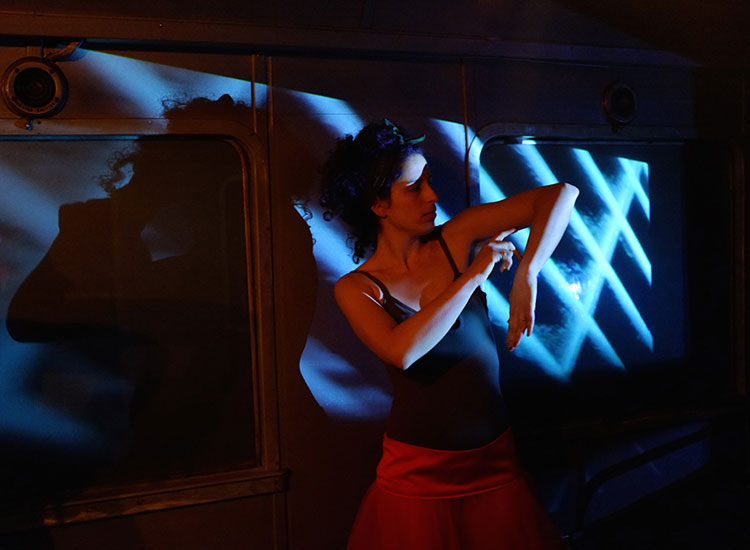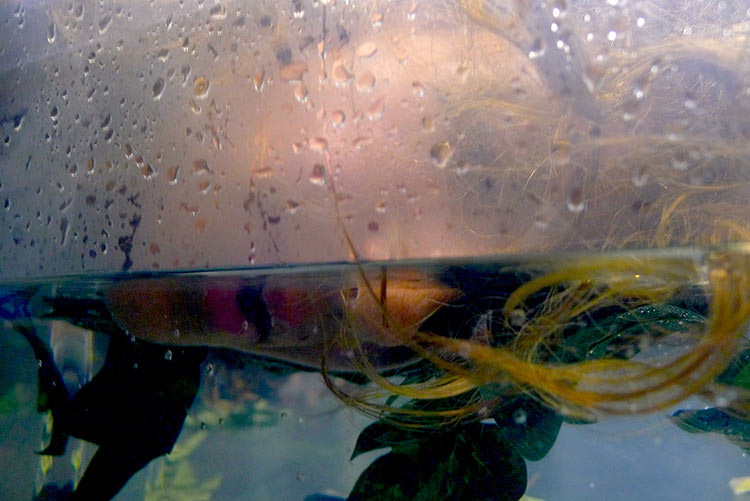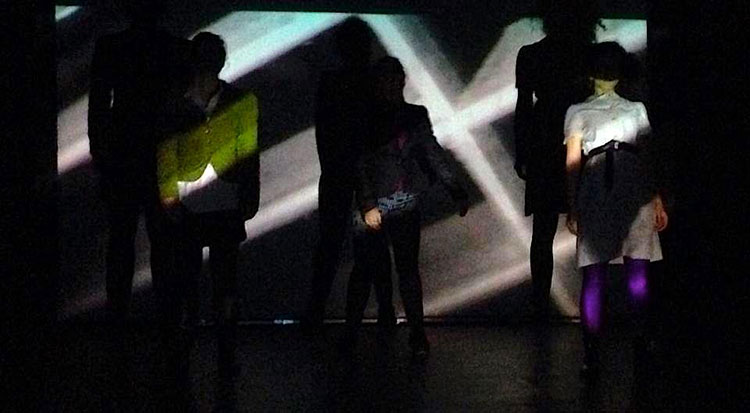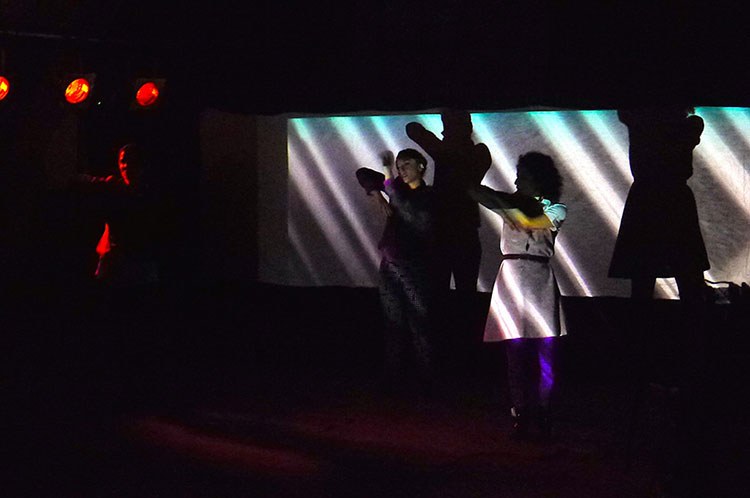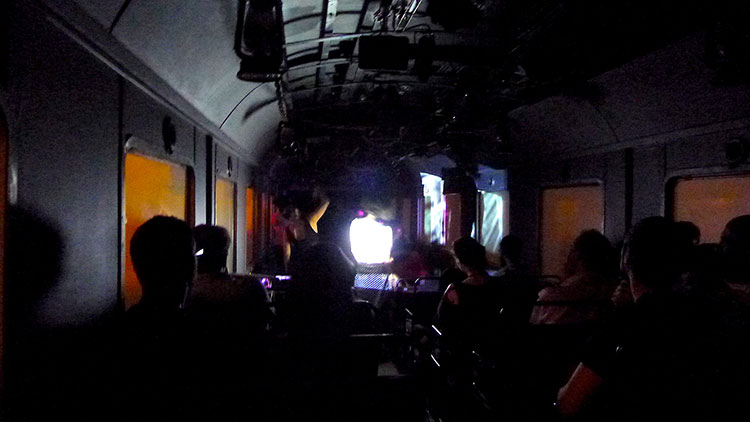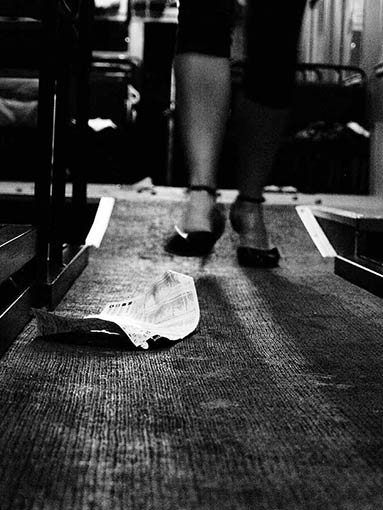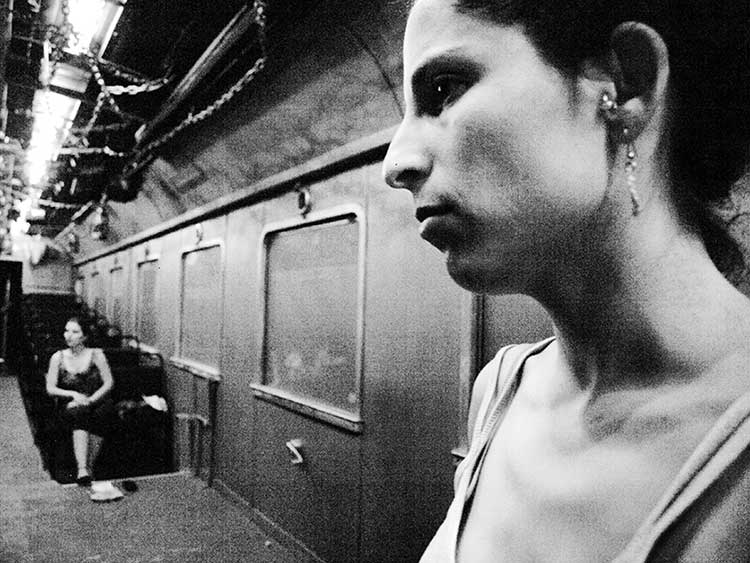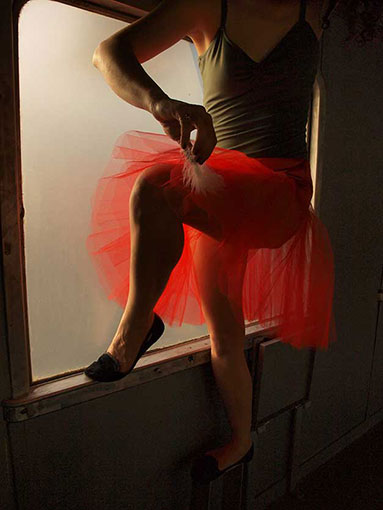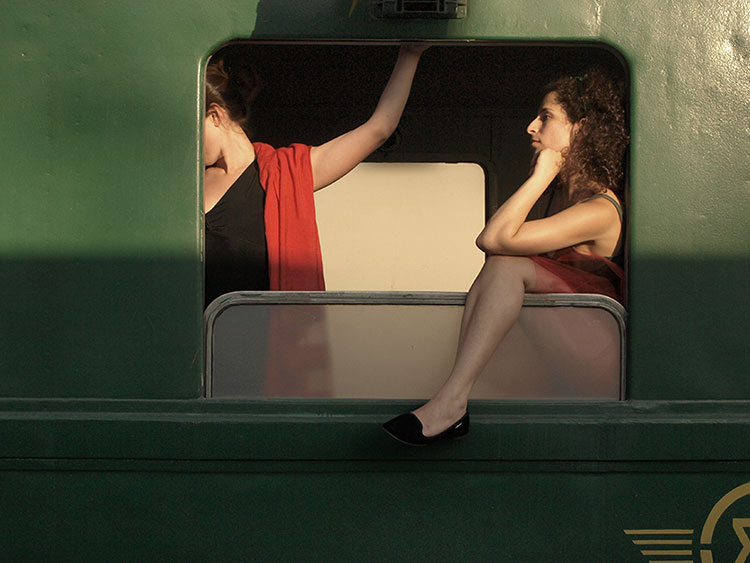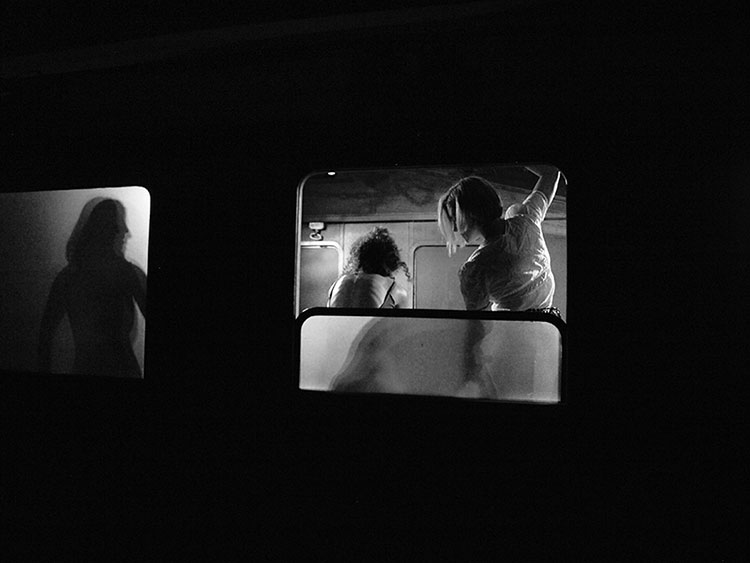Clepsydra is a performance exploration of the concept of time as we experience it living in a city’s environment. Whilst everything moves constantly around us, how do we experience time? How scary is a moment of pause? What it means to look at the past, to search for the present moment and to look towards the future. How devices measuring time, their invention and intrusion, have affected our life; how events recur over time. Clepsydra considers that time is experienced as a constant flow of inner and outer events, personal moments, fragments, memories and chance encounters. Time entails light, joy, creation, luck and wisdom, but also darkness, misfortune, destruction and death.
The word ‘clepsydra’ refers to an ancient time-measuring device which measured time by the controlled flow of water from an upper vessel to a lower one — it derives from the Greek word klepsudra: kleptein (steal) + hudor (water). Using the image of the flow of liquid within the ‘water clock’ as its starting point, PartSuspended creates a captivating atmosphere of fluidity through visual imagery, physicality and text. Clepsydra invites you to experience time as a collection of absurd, poetic, humorous and intense moments.

